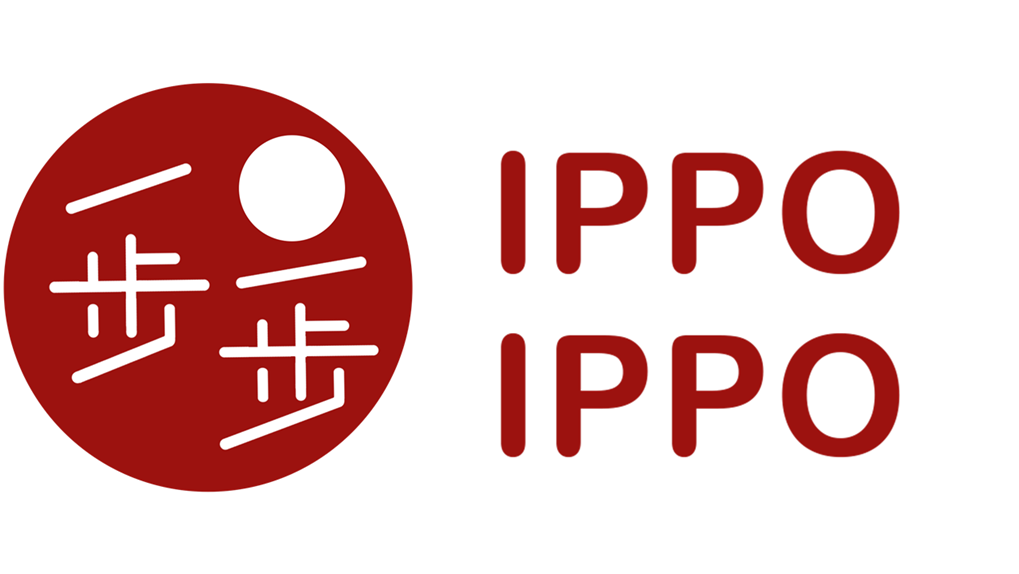Pictured: the "Congrautulations" cake my partner got me to celebrate my diagnosis. The people at the cake shop were more than a little confused by the spelling.
Posted: 26th Apr 2023
In case you haven't heard, April is Autism Acceptance Month!
If you're a long-time follower of my blog, you may have spotted my previous post about autism in April 2022, which was my first time disclosing that I'm autistic in such a public forum.
For some time, I've been itching to write more about autism and my experience of learning - and teaching - Japanese as an autistic person. In particular, something I'd like to write about in future is how my diagnosis has helped me to realise just how much my acquisition of the language is tied to my experience of echolalia, an often unconscious repetition of words or phrases said by others.
However, as with so many other posts, this will need to wait for another day.
As an autistic person, one of my major struggles as is getting overwhelmed with day-to-day tasks, especially when it comes to work. While I generally do a pretty good job of keeping things ticking over - not to ignore the times when things really are a struggle - it does mean that there are quite a lot of things that I have to just accept will take a great deal longer for me than they might for others.
In the spirit of going a bit easier on myself, today I'm going to resist the urge to do an in-depth post about autism and instead (attempt!) a briefer look at three assumptions or misconceptions surrounding autism.
As always, I'm just one autistic person and as such can't represent the experiences of all autistic people. Please feel free to take what I say with a pinch of salt and go out there to find out what other autistic people have to say.
① "You can always tell if someone is autistic"
Not at all!
There's a famous saying about autism which goes "If you've met one person with autism, you've met one person with autism".
Autistic people represent a hugely diverse group spanning all sorts of different experiences, yet we still struggle with lingering stereotypes about autism being a super rare (and obvious) condition that only applies to two types of people (specifically white men/boys):
- Geniuses/savants (think Rain Man)
- Those requiring high-level support to live their lives.
While both of these types of people embody specific varieties of autistic experience, they are not representative of all autistic people.
When it comes to recognising autism, there are certain things that can stand out - especially to autistic people ourselves - but more often than not, the bulk of the autistic experience is made up of things that are simply not visible to the naked eye.
My favourite depiction of this is the Autism Iceberg:

It's worth noting that while the Autism Iceberg shows a lot of the challenges that autistic people face, there are lots of positive things about being autistic too. The problem is that society generally isn't built in a way that allows us to fully develop and use those strengths.
If you'd like to learn more about autism, here are a few resources/autistic people you can check out:
- Neurotribes by Steven Silberman (a long but truly fascinating read)*
- I'm Autistic, Now What? (YouTube)
- The Science of Autism (with Cyarine) | Sci Guys Podcast (on YouTube but also available elsewhere)
- Mom on the Spectrum (YouTube)
- Sonny Hallett (Medium)
- Ferrous, aka Oolong (Medium)
- Celebrating Neurodivergent Authors (book recommendations from Lighthouse Bookshop)
*I've linked Lighthouse Bookshop as they're my personal favourite place to buy books, but you can buy this elsewhere or potentially borrow it from your local library (which is what I did in Edinburgh).
② "Autism is represented by the symbol of a missing puzzle piece"
Having just mentioned some resources to check out, one place any autistic person I know will tell you to steer clear of is Autism Speaks!
While I won't go into the entirety of the why Autism Speaks is so strongly disliked by most autistic people, one very visible red flag is the organisation's use of a missing puzzle piece to represent autism, which originally represented a cure for autism. Even putting aside the idea of a cure (which is unsupported by science), the connotation that there is something missing from autistic people is damaging to say the least.
If you're looking for an alternative symbol to represent autism, one common symbol used by autistic people themselves is a rainbow-coloured infinity symbol.
If you want to learn more about why autism is not something that is "wrong" or that needs "fixing", I recommend looking into the social model of disability.
③ "You should always say 'a person with autism' rather than 'an autistic person'"
This last one differs somewhat from person to person, but in my experience, most autistic people I know prefer "autistic person" over "person with autism" (hence my use of the former in this post). While this goes contrary to what many of us have been taught in recent(ish) years about person-first language, there are a few reasons for this:
- Saying "person with autism" makes autism sound like an illness or disease, i.e. something that can be cured (which it can't)
- Separating autism from the person is not generally an accurate depiction of autistic people's experiences. Our autism isn't something we have, but rather something we are. This is similar to how we wouldn't say "person with gayness" or "person with Asian-ness".
It's okay to make mistakes with terminology, especially as language is always evolving and there's never one single term that everyone agrees with, but if an autistic person ever corrects you on how they prefer to be referred to, please listen to and respect what they have to say.
You've reached the end of this post! I hope you enjoyed it.
For updates on posts like this sent straight to your inbox, sign up to my newsletter (sent no more than once a month):

Support Me on Ko-fi
If you've enjoyed this and would like to see more like it in future, please consider sending a donation - however small! - via Ko-fi. I don't include any affiliated links or ads on my website, so every little helps!
Please donate via the portal below or by going directly to the Ippo Ippo Japanese Ko-fi page.







